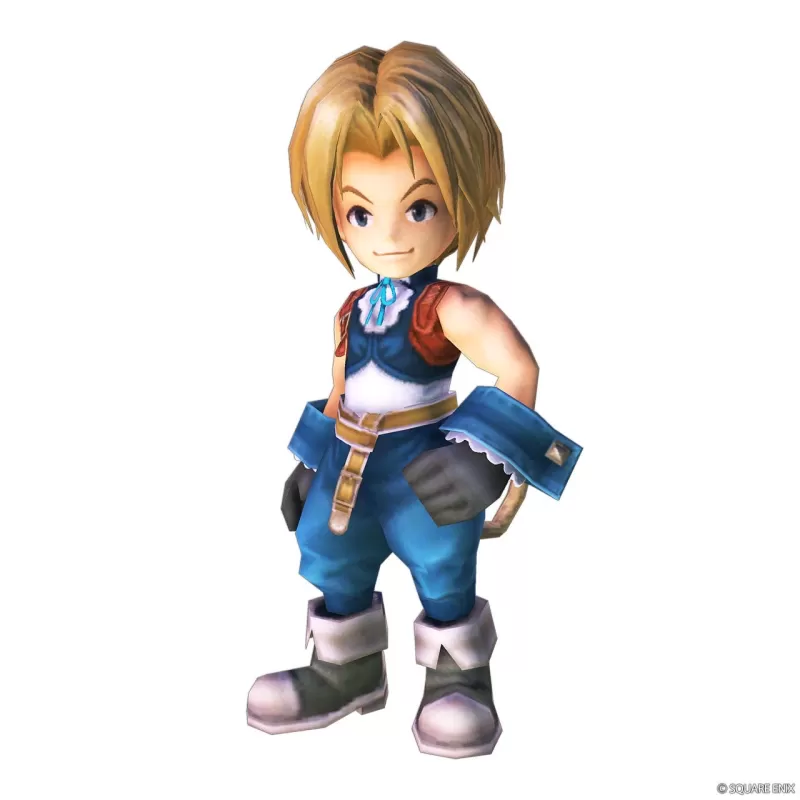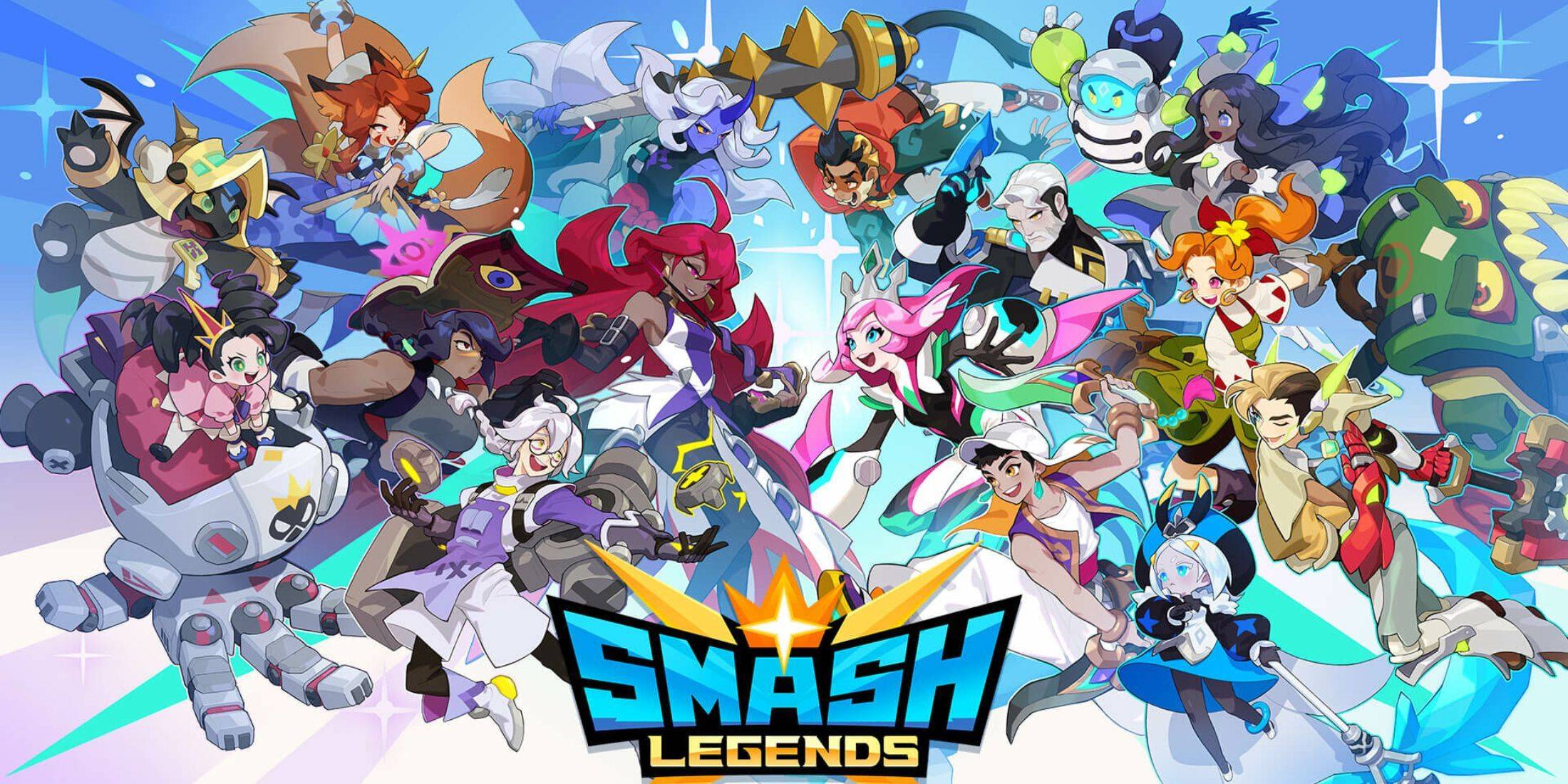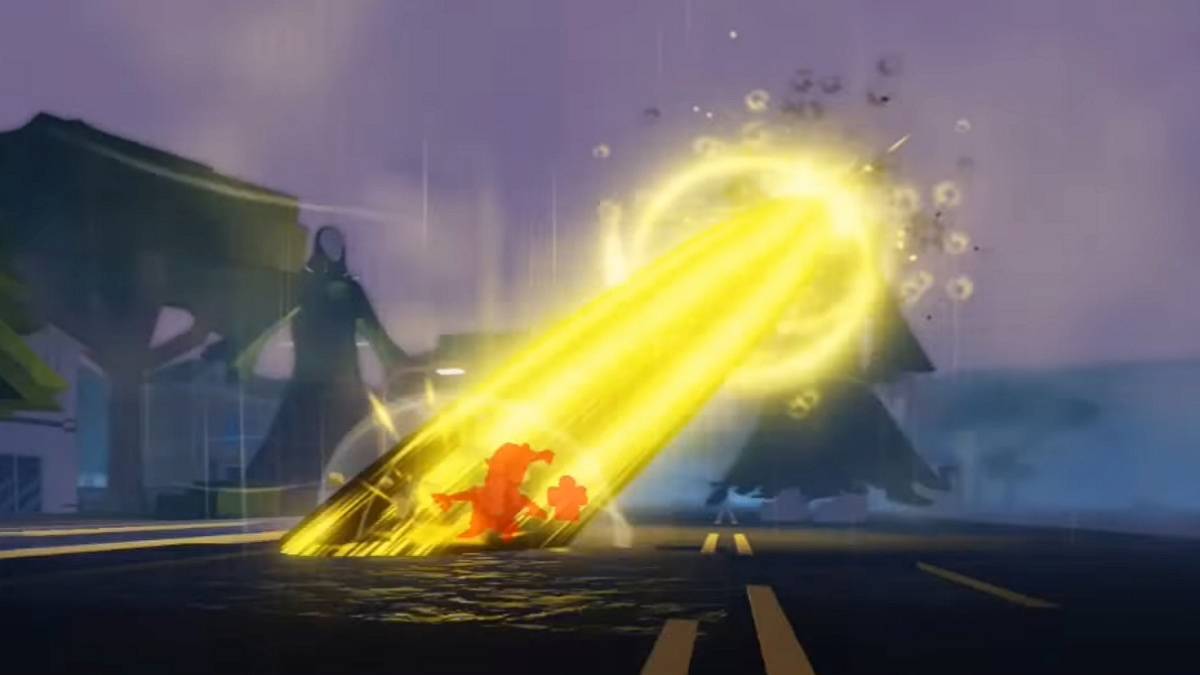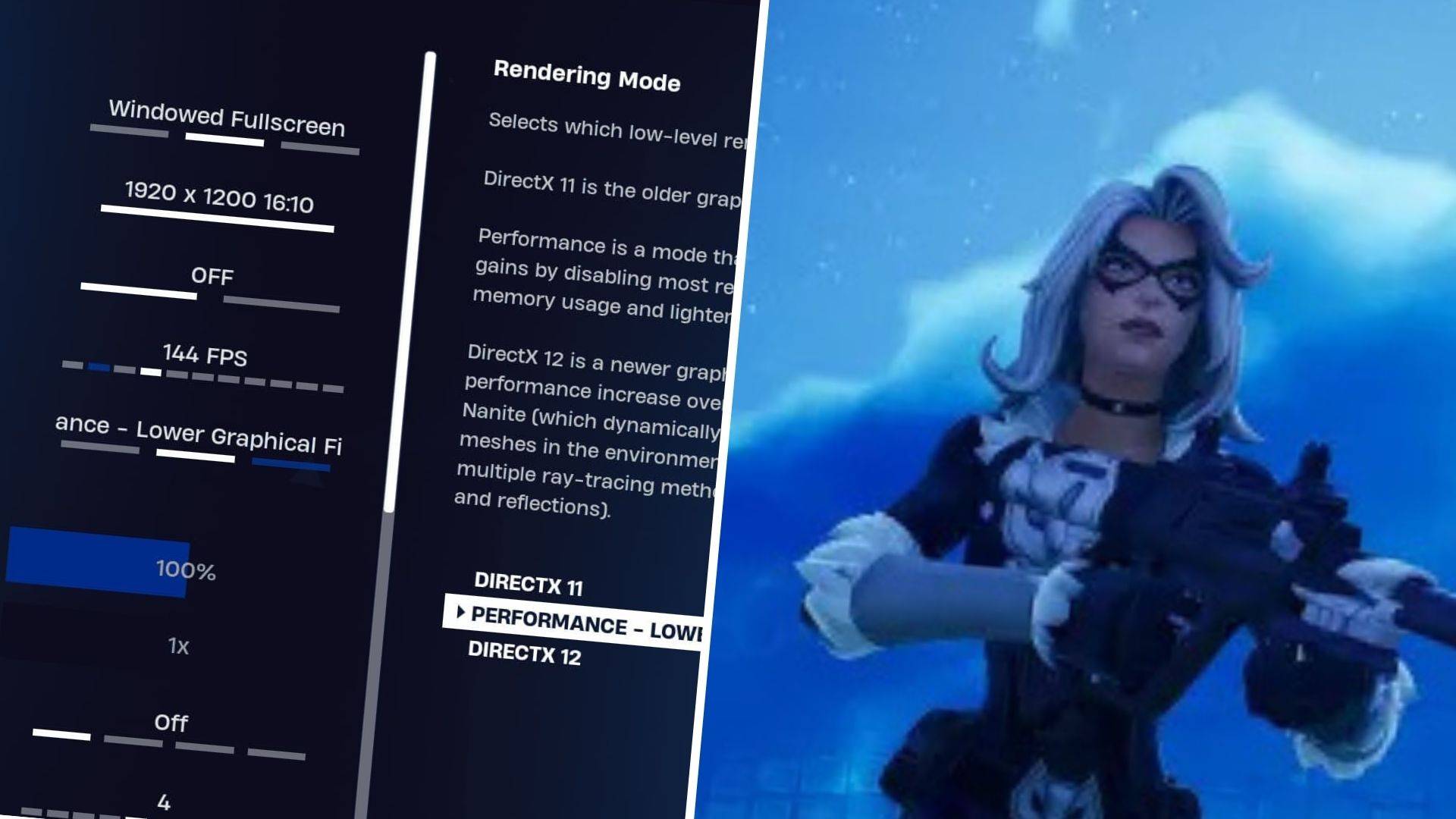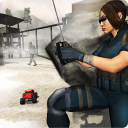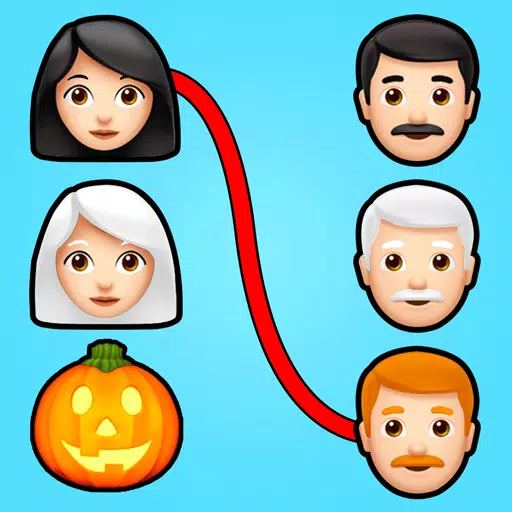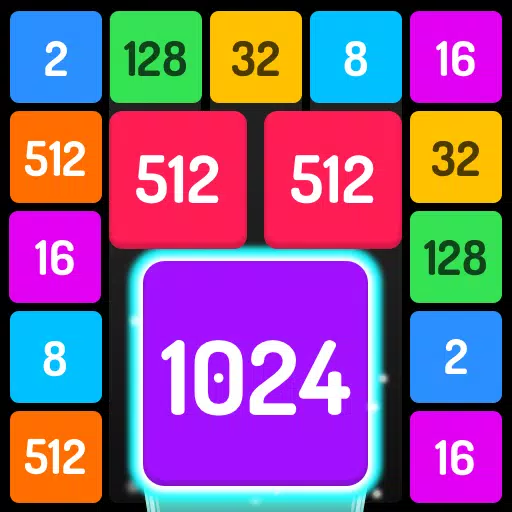Activision recently grabbed the gaming community's attention with a surprising move: launching advertisements for new projects based on its beloved franchises, including Guitar Hero, Crash Bandicoot, and Call of Duty. However, the buzz wasn't about the announcements themselves, but rather the revelation that these promotional materials were crafted using neural networks.
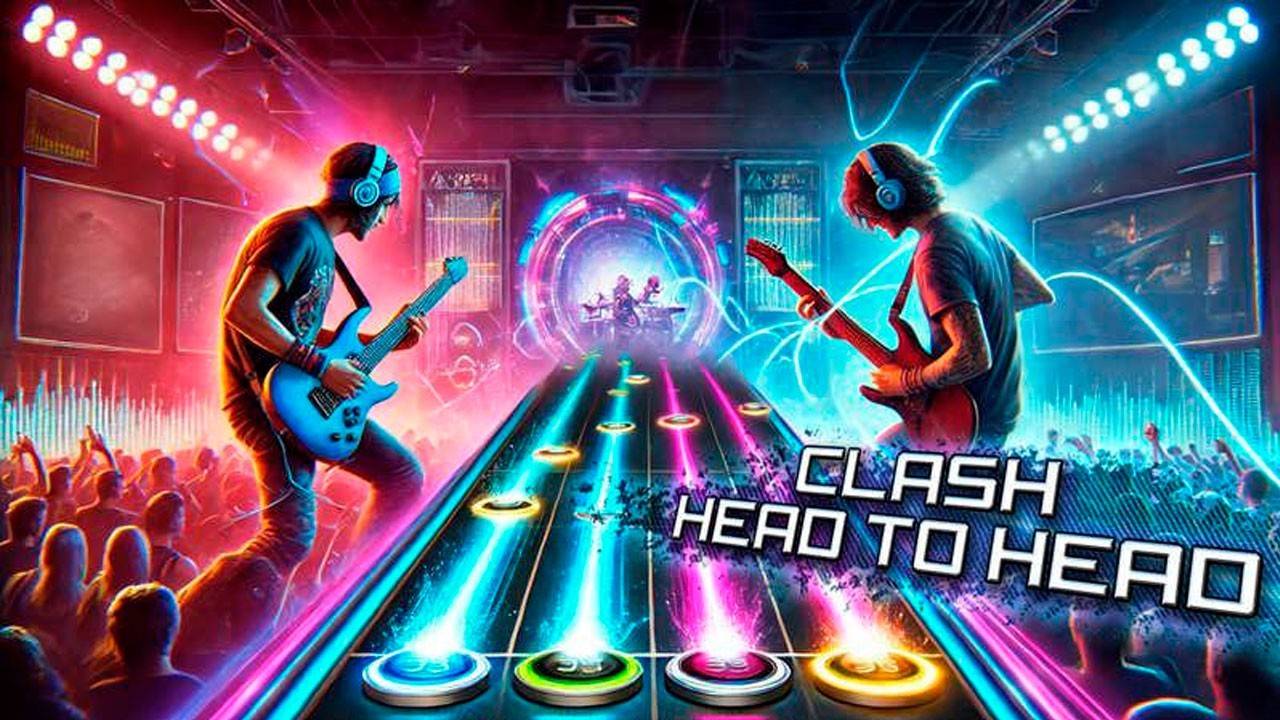 Image: apple.com
Image: apple.com
The first ad surfaced on one of Activision's social media accounts, promoting Guitar Hero Mobile and directing users to a pre-order page on the App Store. Fans quickly pointed out the odd, unnatural visuals, igniting a flurry of discussions. It wasn't long before similar reports surfaced about other mobile titles from the company, such as Crash Bandicoot Brawl and Call of Duty Mobile, which also showcased AI-generated art in their ads. Initially, many suspected that Activision's accounts had been compromised, but it was later revealed to be an unconventional marketing experiment.
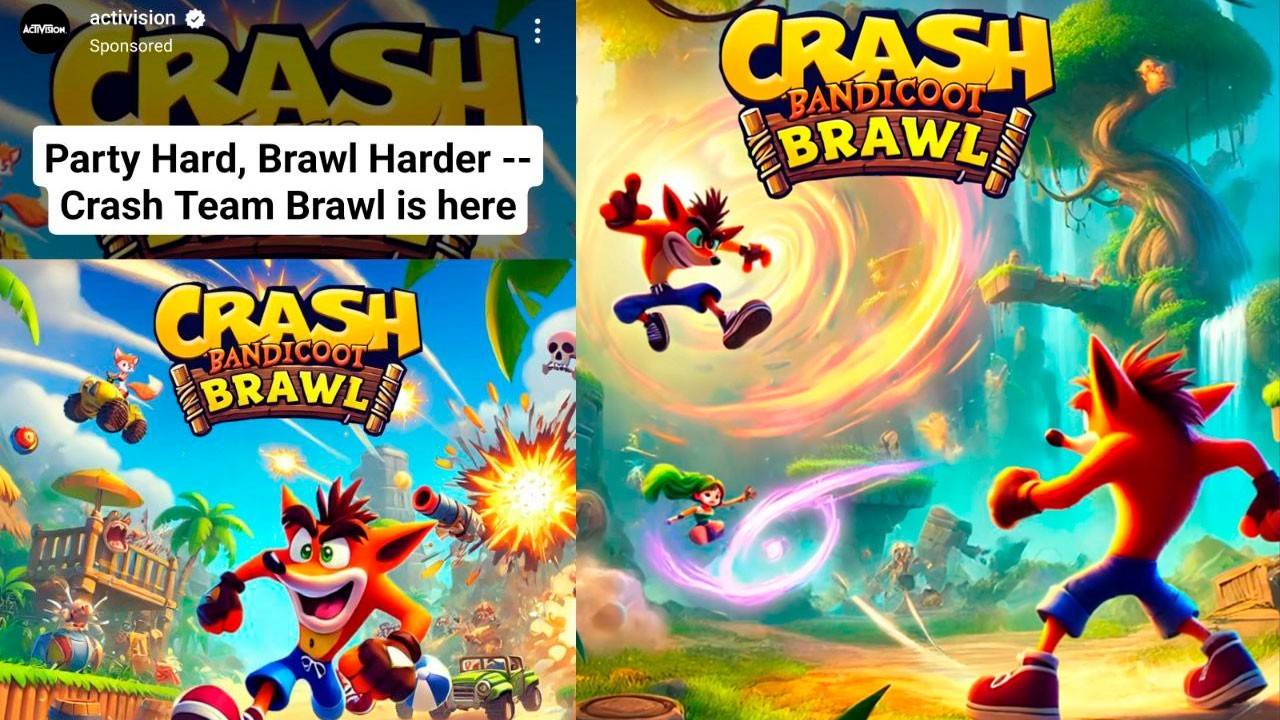 Image: apple.com
Image: apple.com
The reaction from the gaming community was overwhelmingly negative. Players voiced their disapproval of Activision's decision to use generative AI over hiring professional artists and designers. Concerns were raised that this approach might degrade games into "AI garbage," with some even likening it to the controversial practices of Electronic Arts in the gaming industry.
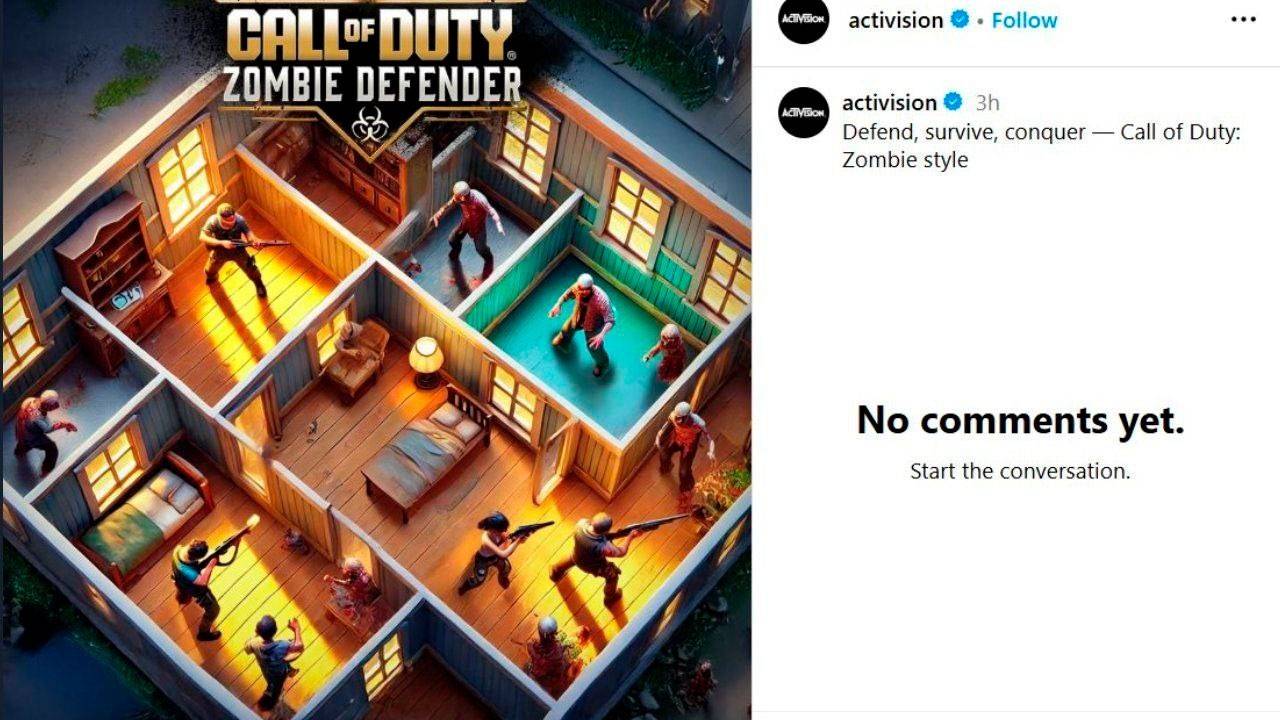 Image: apple.com
Image: apple.com
The use of AI in both development and marketing has become a hot-button issue for Activision. The company has confirmed that neural networks are being actively utilized in creating content for Call of Duty: Black Ops 6.
In response to the backlash, some of the promotional posts were taken down. It remains uncertain whether Activision genuinely intends to release these games or if they were merely testing the waters with provocative materials to gauge audience reactions.

